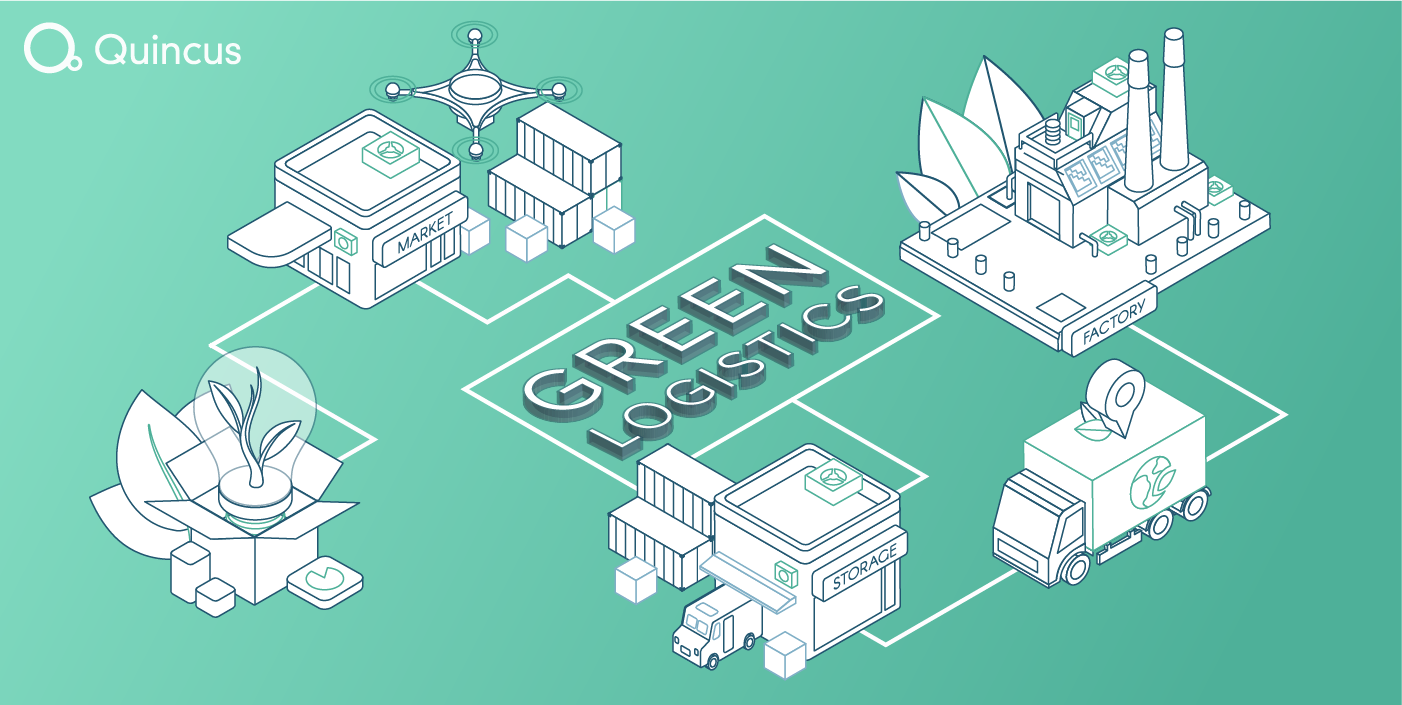Supply chains have large consequences on the environment.
The shipping industry is responsible for moving 90% of global trade—and it is also culpable for the production of between 2 to 3% of the world’s greenhouse gases. Additionally, trends such as e-commerce (which accounts for a fifth of the global trade) signifies continued demand for logistics.
Costs outweigh long-term benefits
With the serious impacts of climate change, going green is no longer an option.
However, as many as 40% of businesses in supply chain are deterred by high costs of the switch. Many are concerned that sustainable practices will increase their prices, driving consumers away.
Yet, if businesses can look past this, it can lead to long-term benefits. In the GCC, 9 in 10 consumers are willing to buy from sustainable brands. 40% of consumers in that region are already doing so regularly.
In fact, with technology, eco-friendly innovations can even open supply chain businesses up to more opportunities.
Integrate return logistics into operations
Returns contribute to large amounts of waste, but it also offers a large market—return logistics is expected to reach US$600 billion by 2025, with APAC leading the market.
Businesses can easily tap into this market with minimal risks and costs by factoring in reverse logistics alongside normal deliveries. With optimization technology, businesses can analyze existing deliveries and include redeliveries or pickup to optimize their assets (resources, such as vehicles and drivers).
High cost-savings with optimal routes
E-commerce involves mainly individual, smaller, and more frequent purchases, generating more carbon footprints.
Hence, businesses would stand to benefit much more from route optimization in online shopping, as compared to other industries. And the potential is huge—¾ of global trade is contributed by APAC, and e-commerce in the Middle East has grown above than global average.
Green supply chain as business opportunities
Companies should not be deterred by going green and find ways to tap on the right markets. Strategic sustainable practices can bring more opportunities.
To do so, they can look into logistics technologies, such as Quincus technology, for that extra help. If you are looking to make your operations more sustainable, you may wish to reach out the Quincus team.

